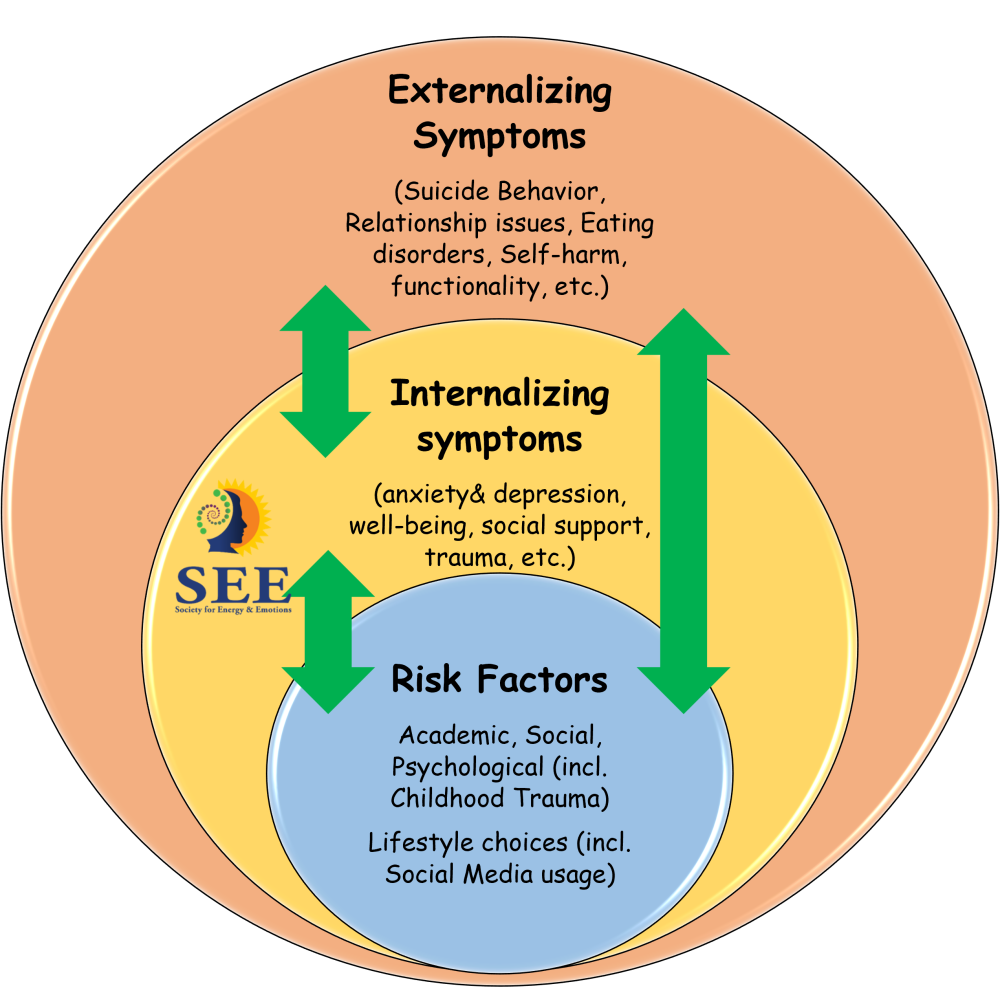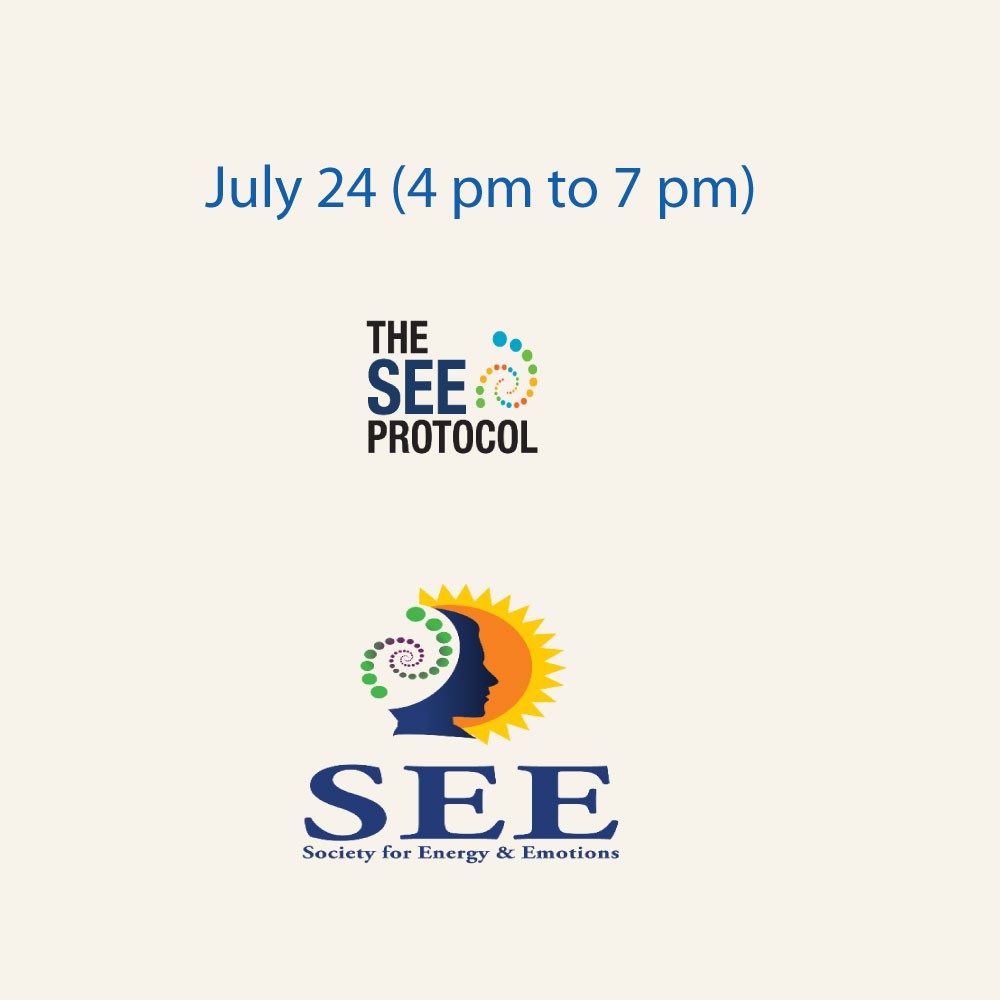Inner Child Integration and Emotional Neglect in Complex PTSD Recovery
Bridging the Gap: Inner Child Integration and Emotional Neglect in Complex PTSD Recovery To uncover the root causes of trauma, one crucial aspect that often gets overlooked is the role of emotional neglect experienced during childhood. Our ongoing research, focused on individuals assessed for Complex PTSD, has provided valuable insights into the profound impact of emotional neglect and its connection to long-term trauma. This article offers some unique insights from several assessments and personal interviews of adults who present with the symptoms of Complex PTSD (Post Traumatic Stress Disorder) Assessment: Worldwide, DSM-V (The Diagnostic and Statistical Manual of Mental





